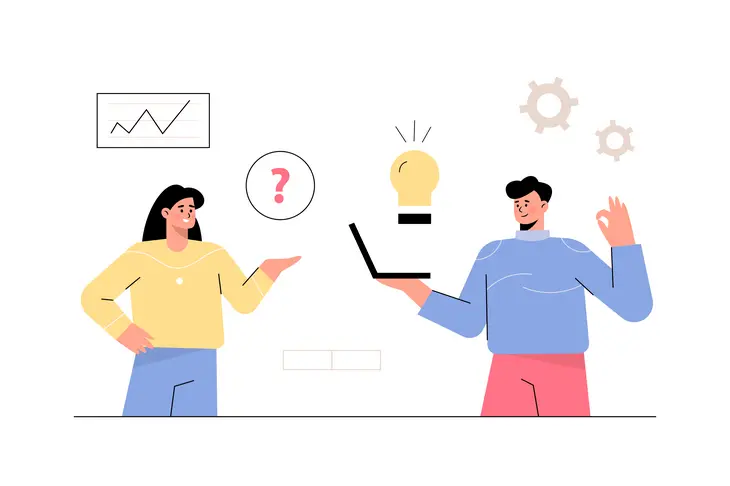
The Impact of Artificial Intelligence on Modern Healthcare
- Admin
In recent years, artificial intelligence (AI) has revolutionized the healthcare industry, offering innovative solutions to improve patient care, diagnosis accuracy, and operational efficiency. Here's a closer look at the transformative impact of AI on modern healthcare:
Enhancing Diagnosis and Treatment
AI-powered diagnostic tools can analyze vast amounts of medical data, including patient history, lab results, and imaging scans, to assist healthcare professionals in making accurate diagnoses. Machine learning algorithms can identify patterns and anomalies that may not be apparent to human clinicians, leading to earlier detection of diseases and more personalized treatment plans.
Improving Patient Outcomes
By harnessing AI-driven predictive analytics, healthcare providers can anticipate patient deterioration, identify at-risk populations, and intervene proactively to prevent adverse events. Predictive models can help optimize treatment protocols, reduce hospital readmissions, and improve overall patient outcomes by delivering timely and targeted interventions.
Streamlining Administrative Tasks
AI technologies automate routine administrative tasks, such as appointment scheduling, medical coding, and billing processes, freeing up healthcare professionals to focus on patient care. Natural language processing (NLP) and chatbots enable efficient communication with patients, answering common inquiries and providing personalized assistance around the clock.
Advancing Drug Discovery and Development
AI accelerates the drug discovery process by analyzing complex biological data and predicting potential drug candidates with higher success rates. Machine learning algorithms can identify promising drug targets, simulate molecular interactions, and streamline clinical trials, leading to faster development of new therapies and treatments for various diseases.
Enabling Remote Monitoring and Telemedicine
AI-powered remote monitoring devices and telemedicine platforms enable patients to receive timely care and monitoring from the comfort of their homes. Wearable devices track vital signs, detect irregularities, and alert healthcare providers to potential health issues in real-time, facilitating proactive interventions and reducing the need for in-person visits.
